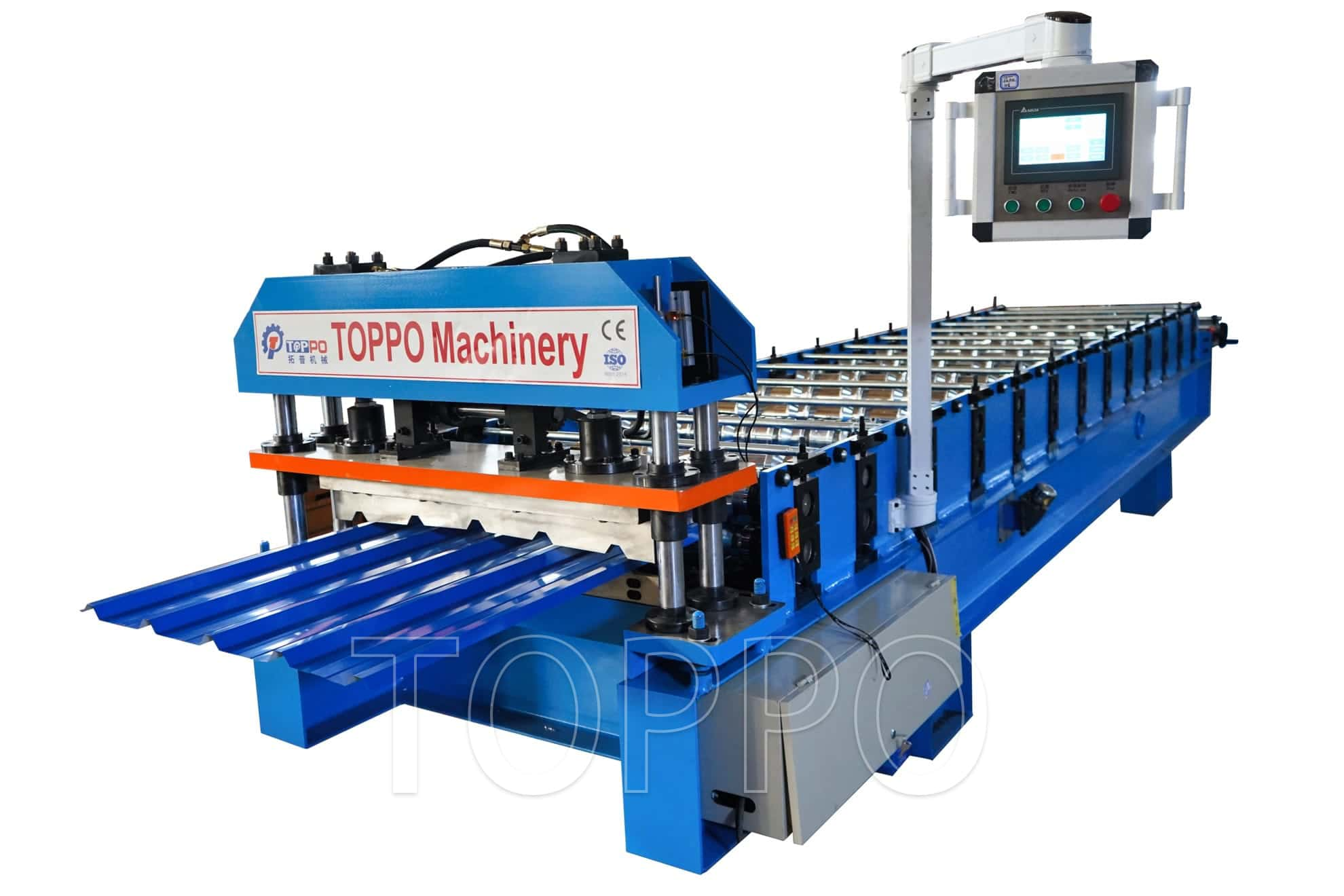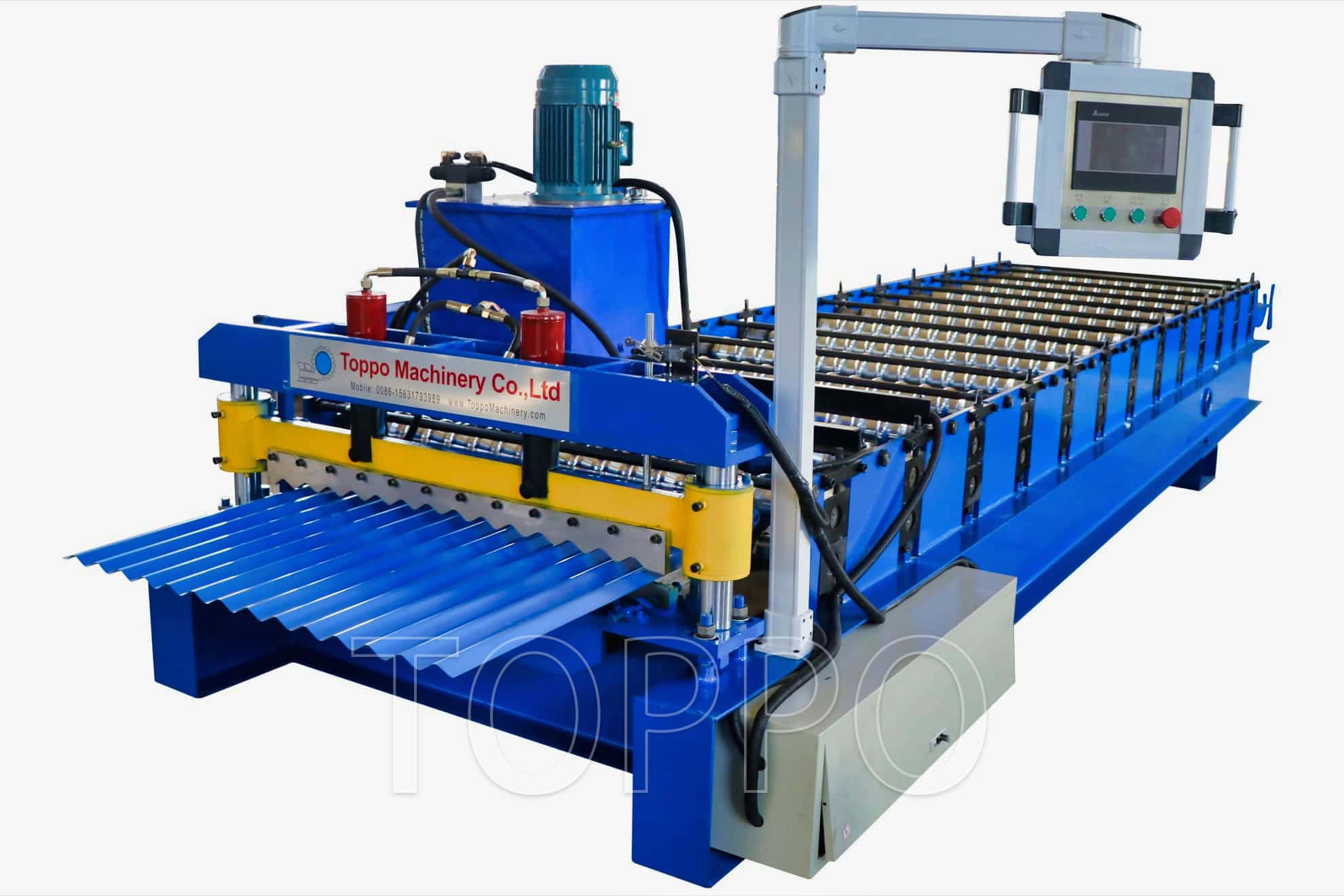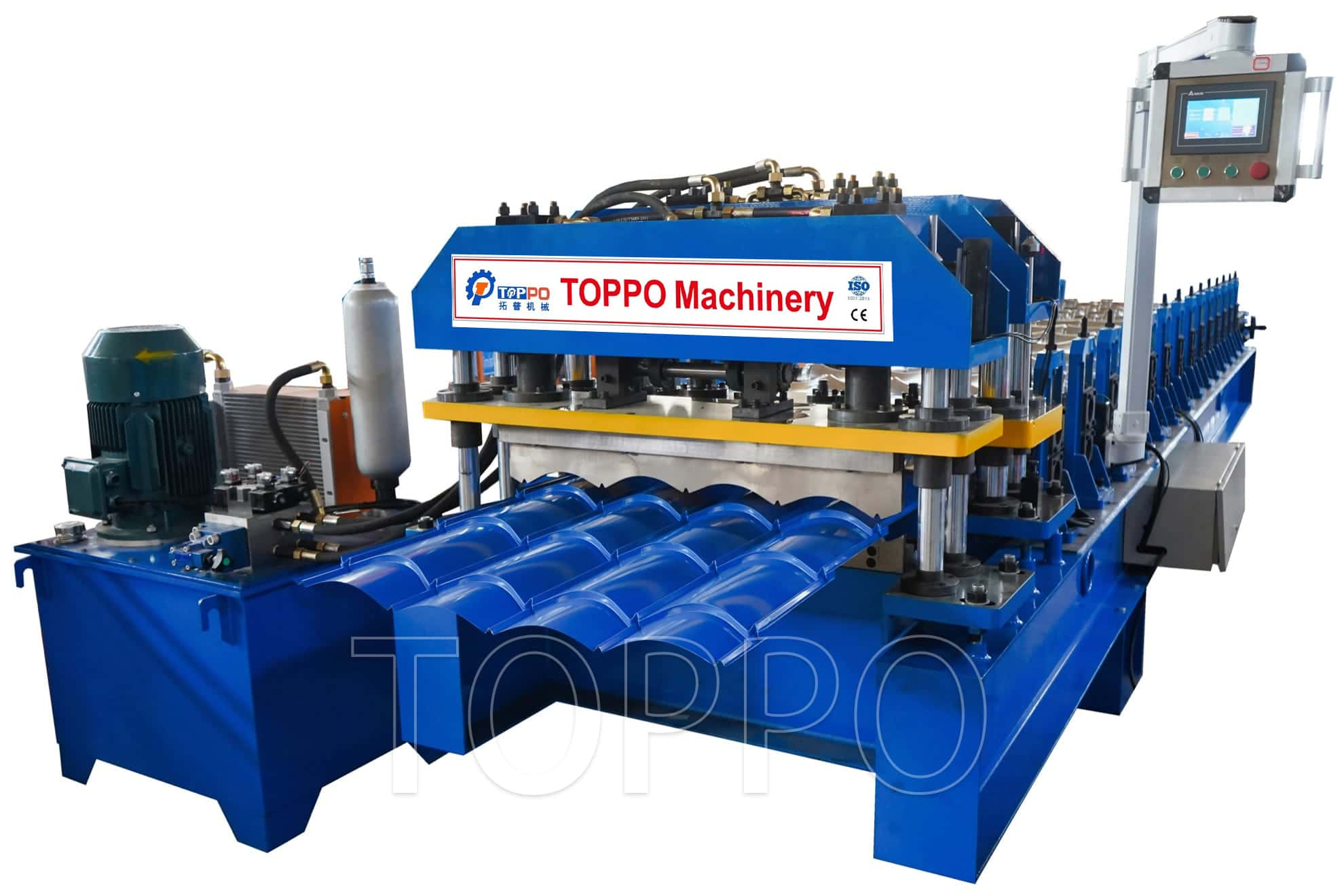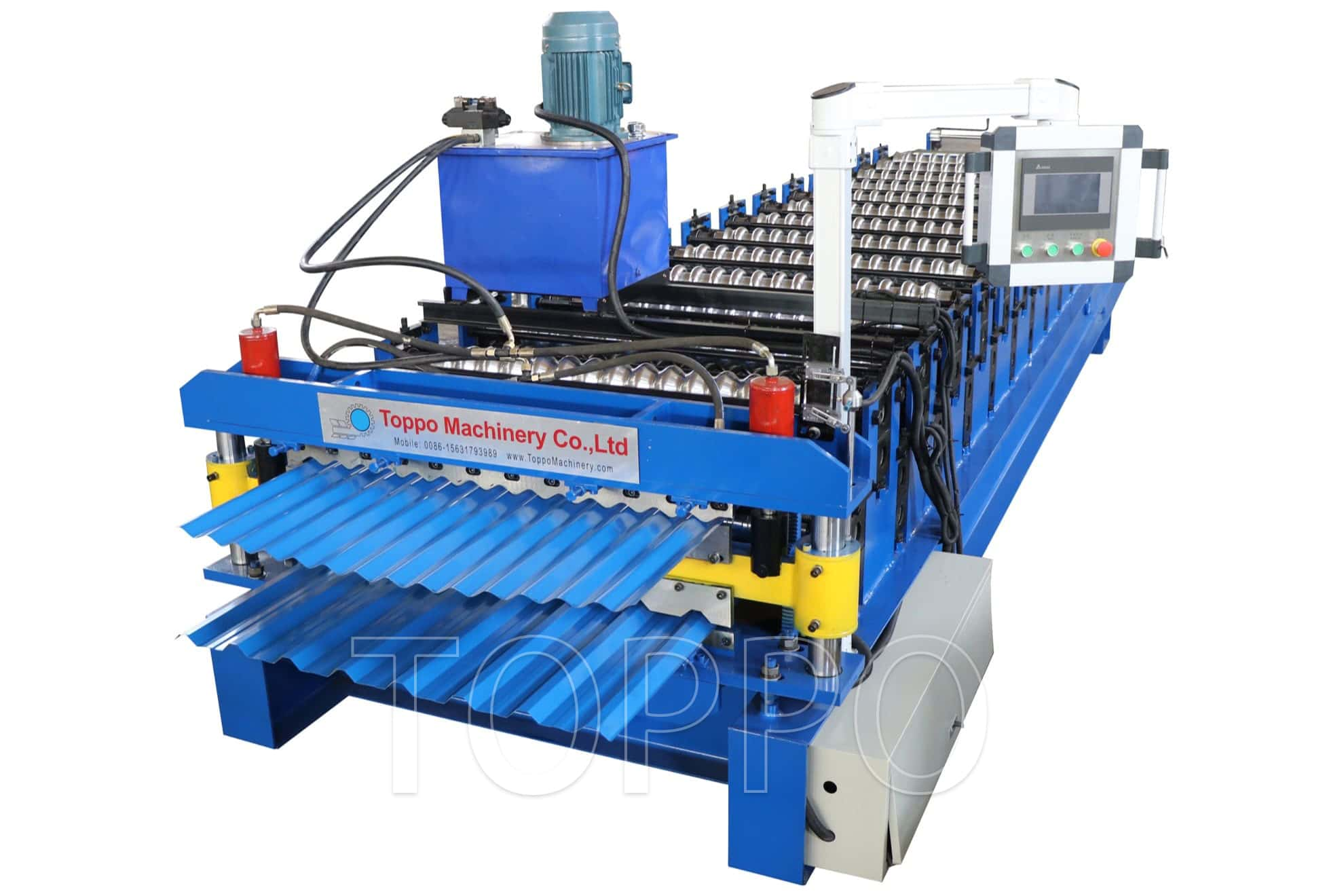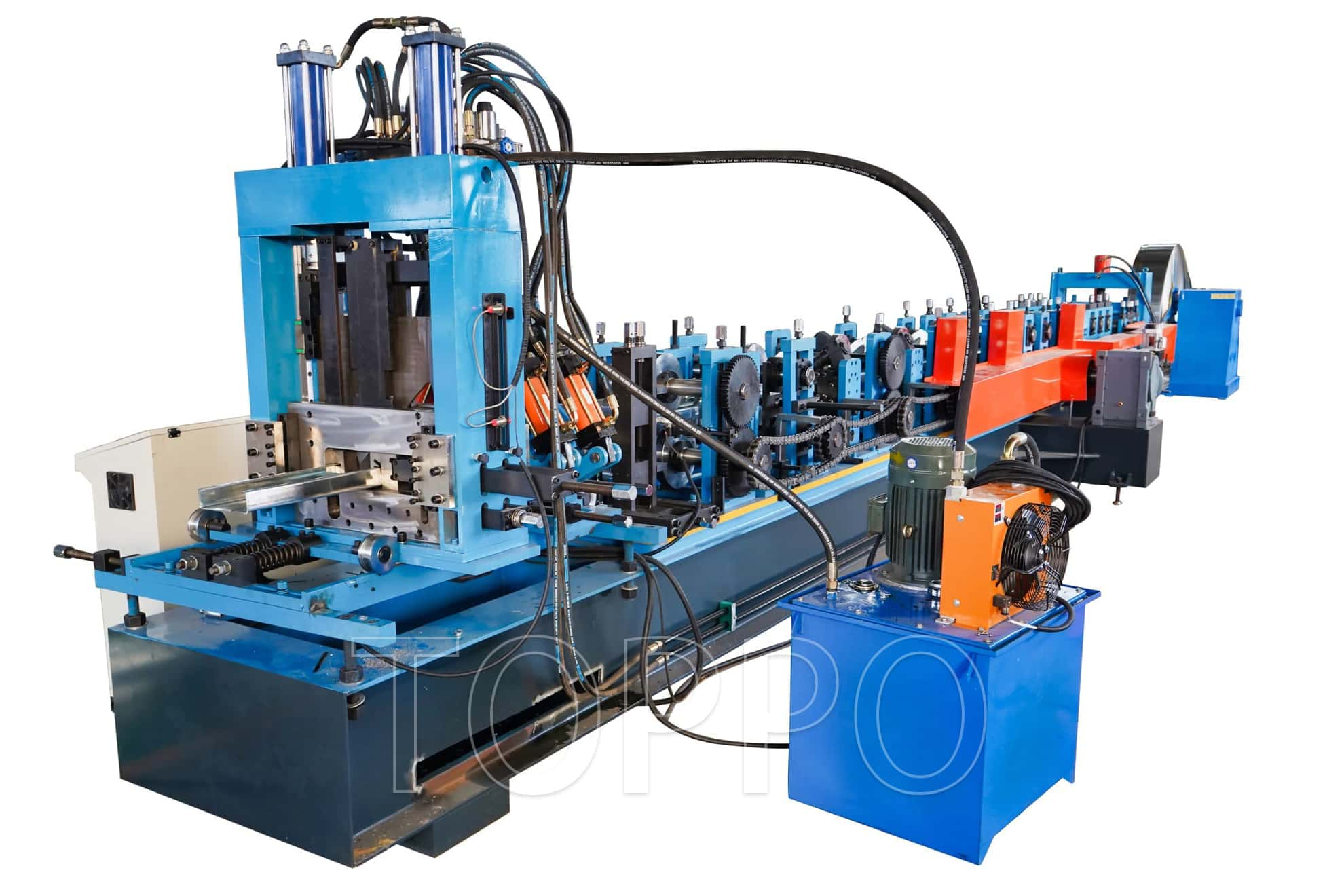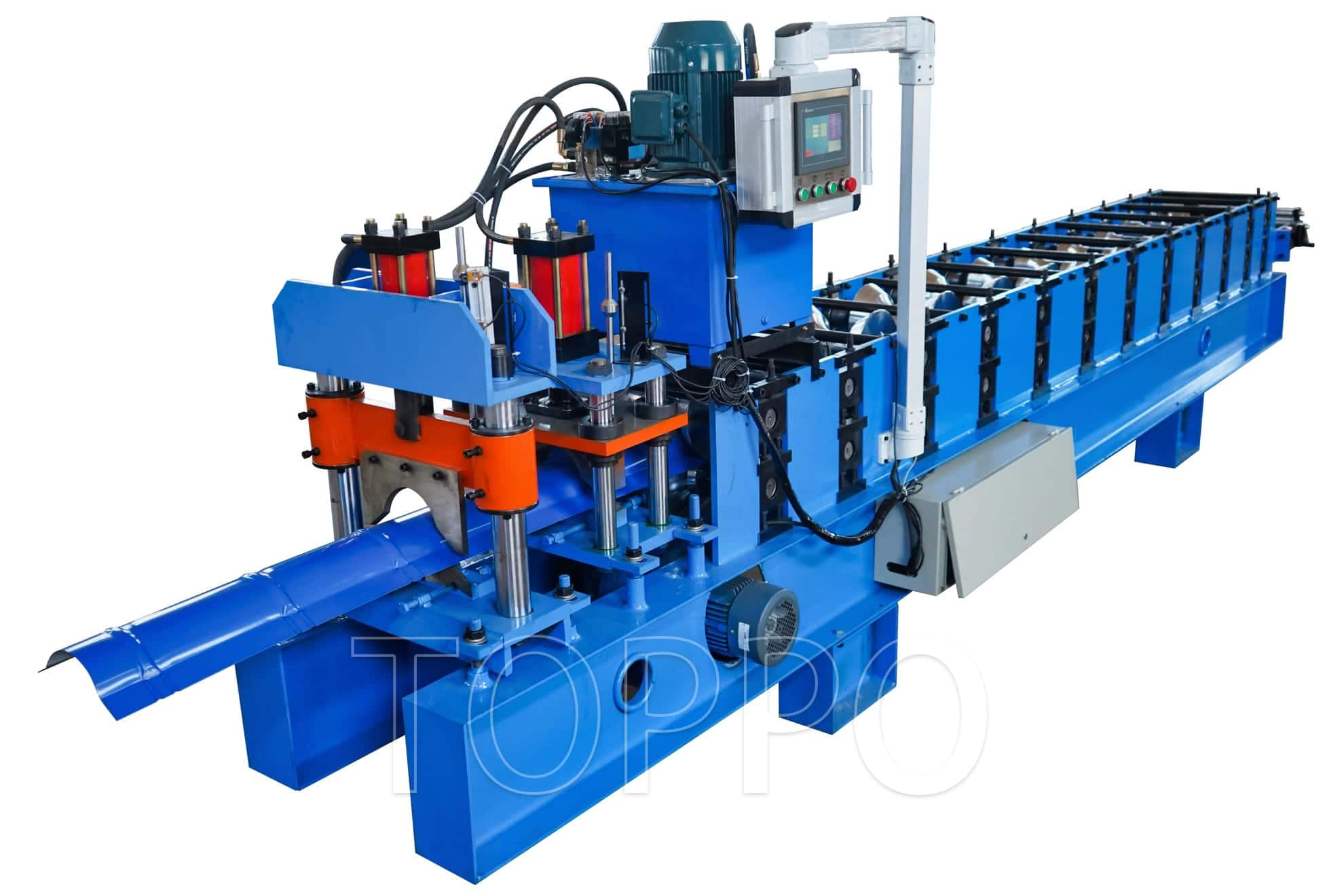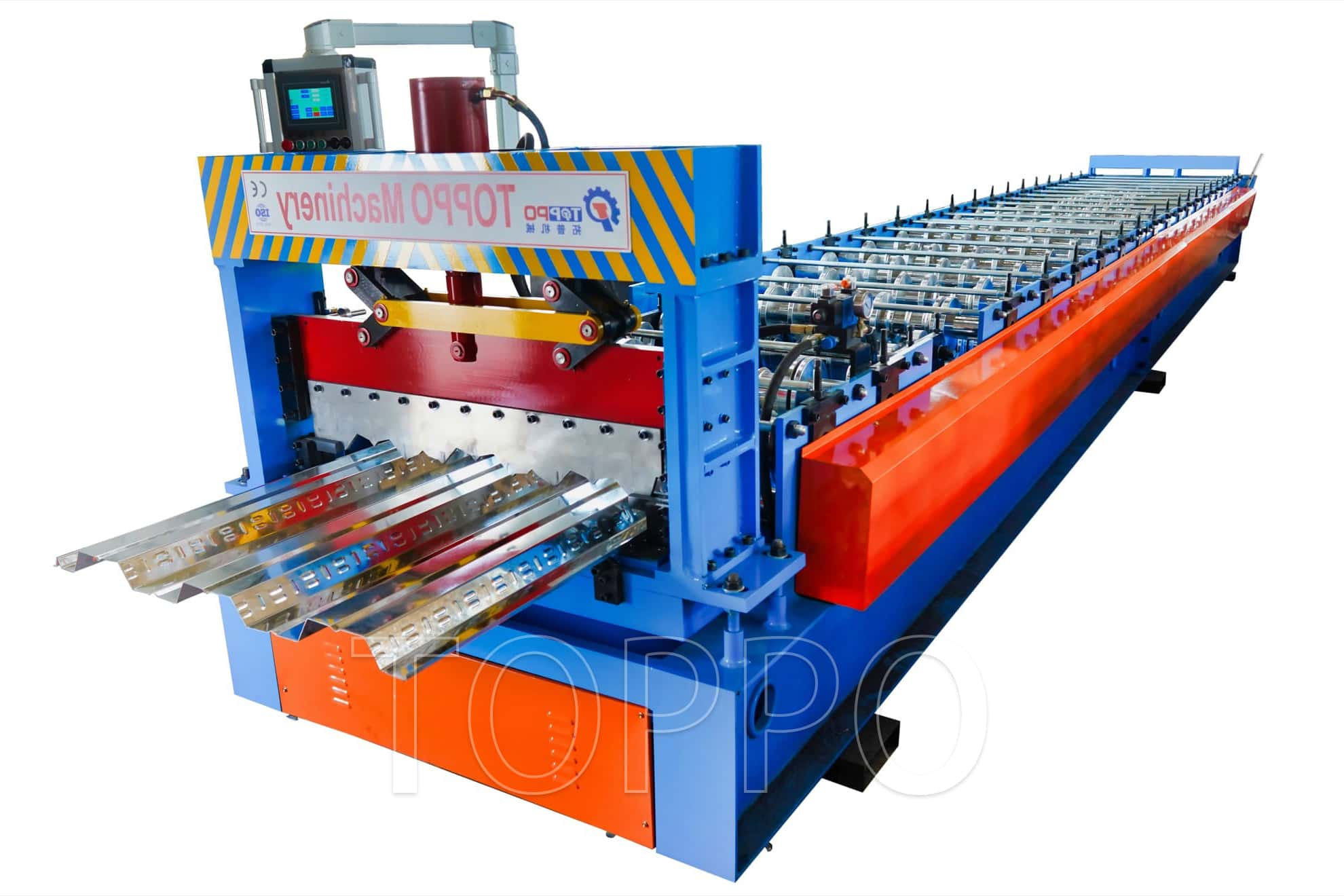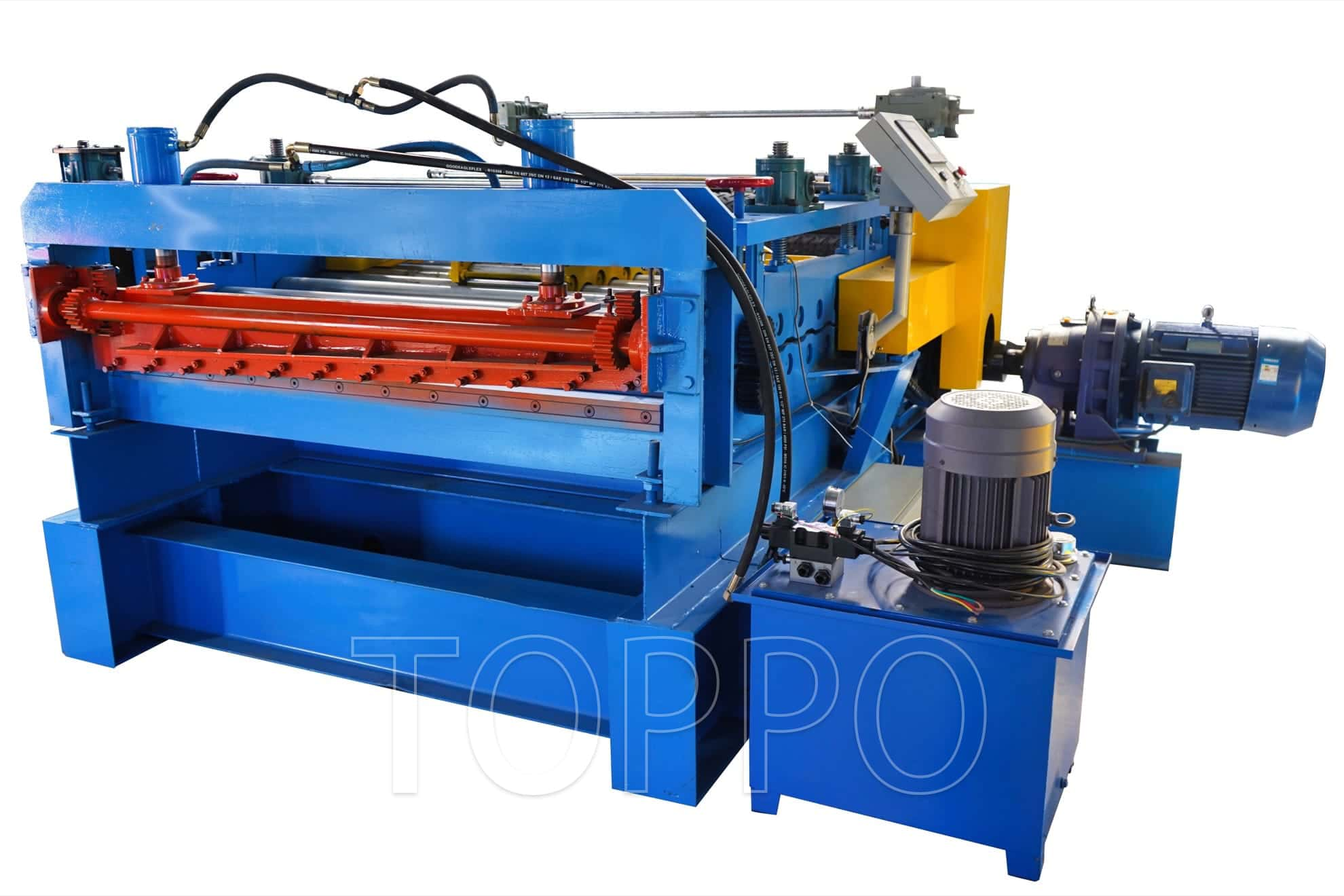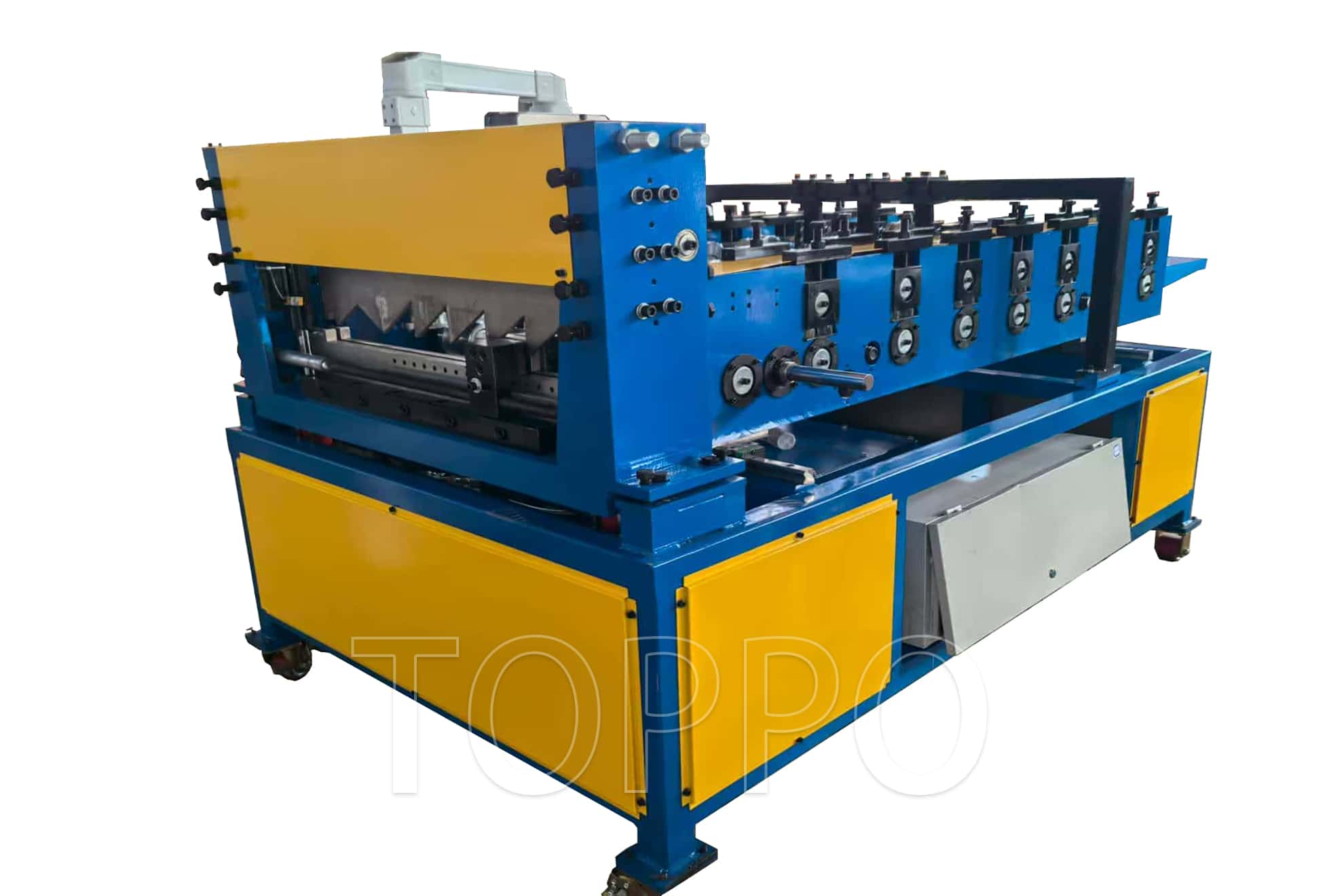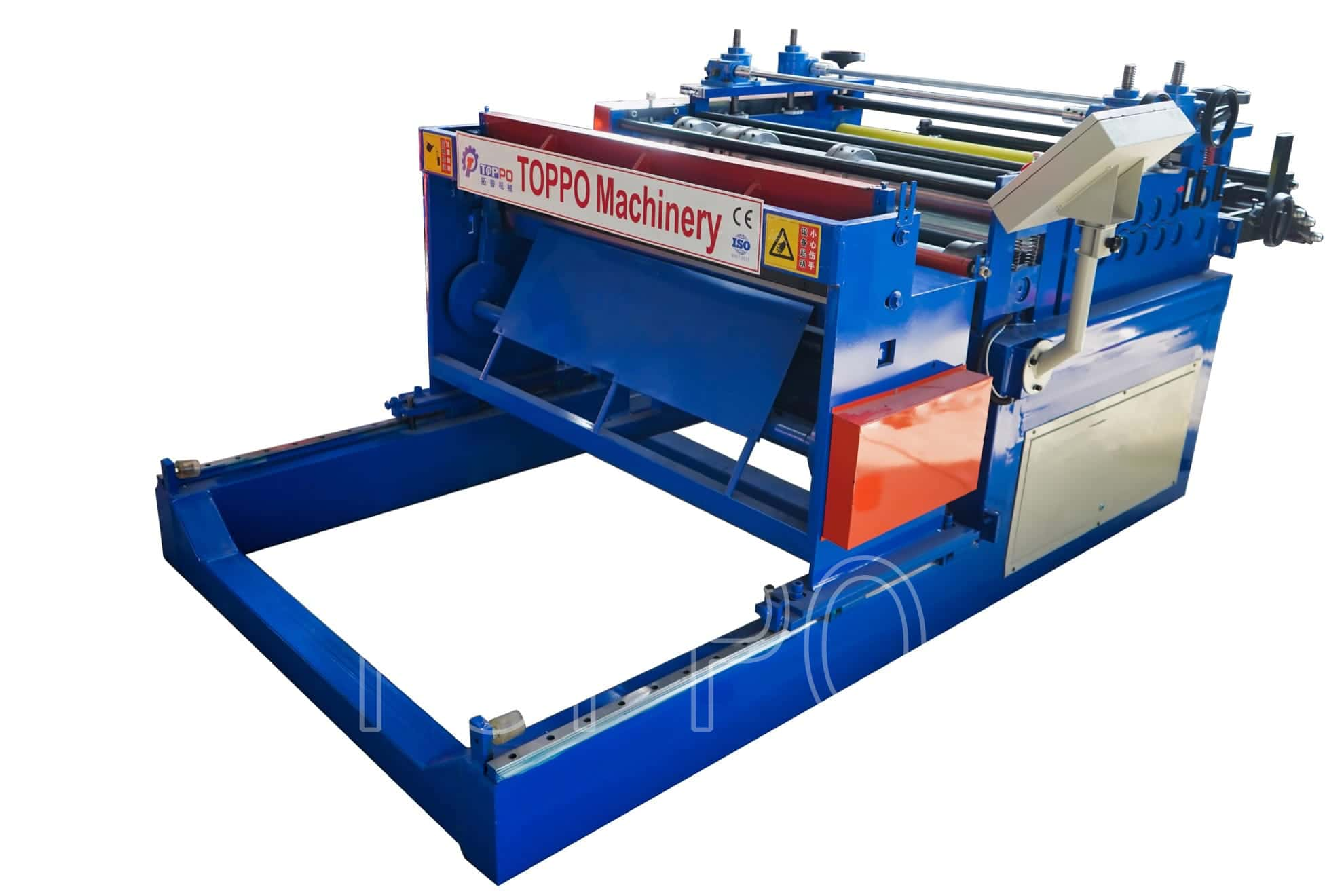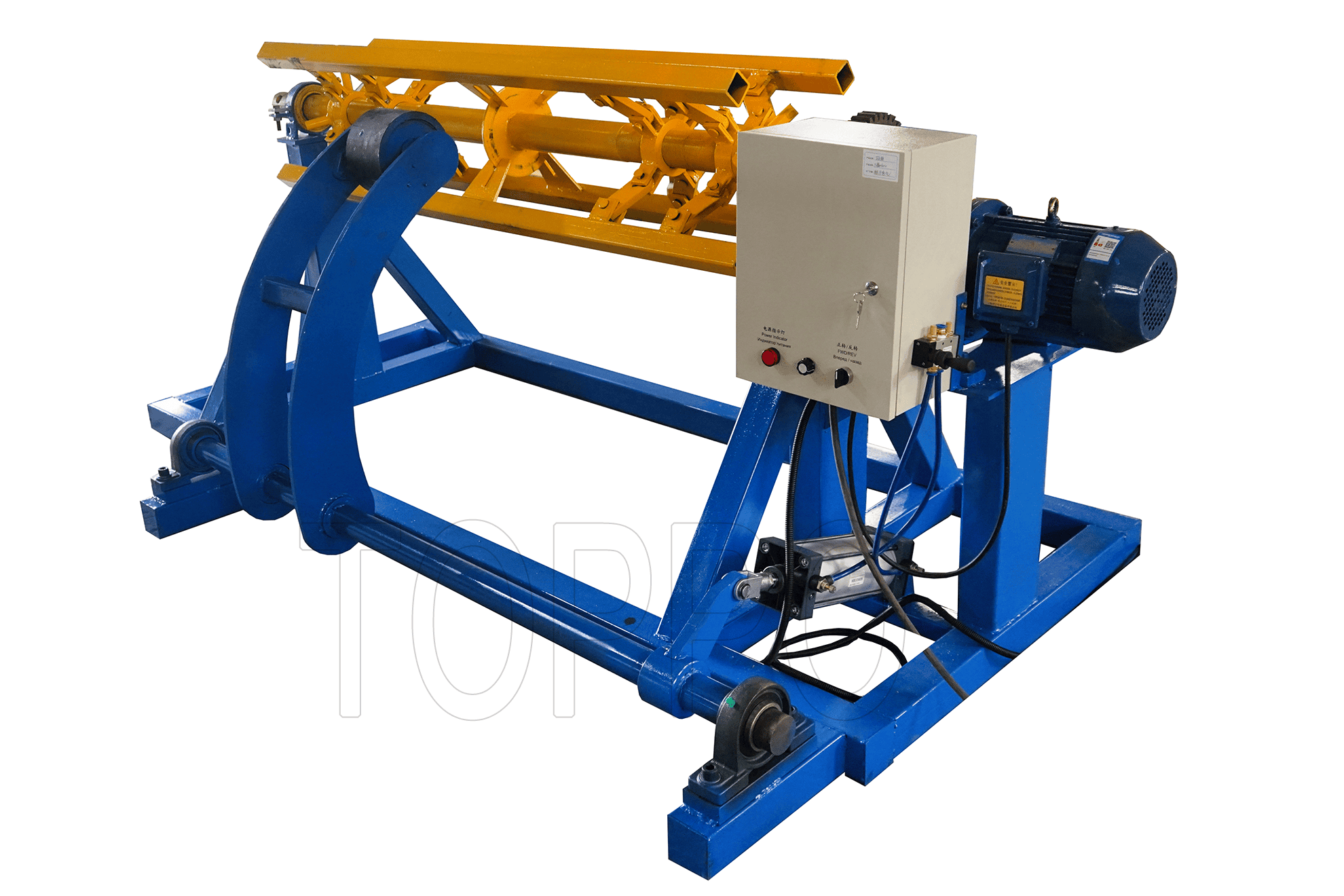- Trapezoidal Machine
- Corrugated Machine
- Glazed Tile Machine
- Double Layer Machine
- CZU Purlin Machine
- Ridge Cap Machine
- Floor Decking Machine
- Rolling Door Machine
- Fence Machine
- Embossing Machine
- Standing Seam Machine
- Cut To Length And Slitting Line
- Guard Rail Machine
- Decoiler And Stacker
- Stud And Track Machine
- Gutter And DownPipe
- Curving Machine
- Cladding Panel Machine
- Corollary Equipment
Why Precision in Roll Forming Makes or Breaks Profitability
Precision is not optional in roll forming—especially when using top-tier tools like the Automatic Tr5 Tr6 metal trapezoidal roof panel roll forming machine. Even slight misalignment can trigger a chain reaction of quality problems, waste, and customer complaints.
Steps to Achieve and Maintain Precision
Initial Alignment Verification: Carefully align rollers and dies on your roof panel making machine before every shift. Confirm both visually and with measurement tools.
Scheduled Maintenance: Inspect and lubricate the trapezoidal roll forming machine on a set schedule. Look for roller wear, material buildup, or vibration that signals misalignment.
Operator Skill Development: Train operators to monitor for signs like off-center profiles, panel bowing, or uneven edges. Allow only certified staff to adjust the roof panel making machine or trapezoidal roll forming machine.
Inline Quality Checks: Integrate regular manual or digital measurement of panel width, thickness, and straightness into the production process.
Proactive Documentation: Record every alignment and maintenance check. Analyze logs monthly for patterns or recurring trouble spots.
Common Pitfalls and Error Prevention
Shortcuts on Setup: Rushing alignment or skipping checks with the Automatic Tr5 Tr6 metal trapezoidal roof panel roll forming machine leads to batch-wide defects and costly scrap.
Ignoring Wear Signals: Vibrations or abnormal sounds often precede alignment failure—act before small problems escalate.
Complacency with Quality Checks: Assuming recent batches were good and skipping spot checks can let issues go undetected.
Poor Documentation: Without logs, recurring errors are harder to diagnose and prevent.
Industry Case Studies
In Colombia, a dealer reduced customer returns by 40% after instituting mandatory alignment and quality checks for each batch on their roof panel making machine and trapezoidal roll forming machine. Documented procedures helped new staff learn best practices quickly.
In Brazil, a manufacturer slashed rework costs after upgrading to an Automatic Tr5 Tr6 metal trapezoidal roof panel roll forming machine and retraining staff on calibration and daily checks—improving both output quality and team morale.
Conclusion
Precision roll forming requires disciplined processes, technical skill, and modern equipment. By using advanced machinery, fostering operator expertise, and tracking performance, companies can control costs, deliver quality, and maintain customer trust in every project.
Related SEO Terms
roof panel making machine
trapezoidal roll forming machine
Automatic Tr5 Tr6 metal trapezoidal roof panel roll forming machine
roll forming precision
machine calibration steps
panel alignment protocol
roofing defect reduction
roll former maintenance schedule
steel panel forming accuracy
operator certification
panel rework cost
roofing quality documentation
Latin America manufacturing
trapezoidal profile control
roll forming troubleshooting
customer return reduction
operator training for roll forming
calibration checklist
batch defect prevention
panel production log
roofing panel warranty reduction
Brazil metal panel industry
Colombia roofing manufacturer
quality control in roll forming
roof panel manufacturing protocol
roll former equipment upgrades
job site success stories
steel roof panel quality assurance
maintenance cost savings
trapezoidal machine alignment tips
roofing industry best practices
READ MORE:



